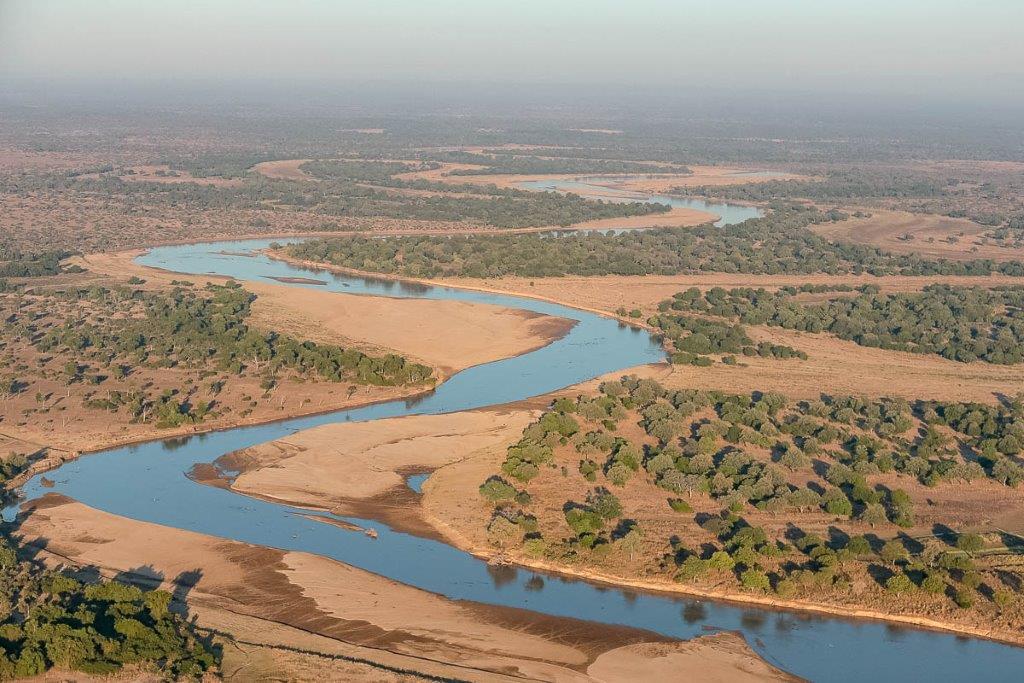
Zambia, Africa
photos by Edward Selfe Photography
Conservation South Luangwa works to protect African elephants and other species impacted by wildlife trafficking and human-wildlife conflict. The nonprofit organization works to identify and prevent illegal wildlife trade using anti-poaching patrols, aerial surveillance and detection dogs trained to find ivory, animal skins, ammunition and firearms, and certain species killed for bushmeat.
The organization also has a strong focus on mitigating human-animal conflict by working directly with local people to safeguard their crops and livelihoods while engaging them as advocates for wildlife conservation.
Why do they need you?
The illegal wildlife trade and human-wildlife conflict are two of the most imminent threats to African elephants. More than half of the people inhabiting this region of Zambia make a living from agriculture and natural resources. A decline in suitable habitat and food availability pushes wild elephants closer to the borders of local communities, where they see crops as an easy food source.
How is Zoo Atlanta helping?
Our partnership with Conservation South Luangwa is a significant step toward a goal of increased leadership in African elephant conservation for Zoo Atlanta. In addition to providing superior care for African elephants, educating our guests and creating connections to the wild, the Zoo also plays a vital role as a partner to Conservation South Luangwa in their efforts in Zambia.
How can you help?
- Avoid purchasing ivory and rhino horn. Research what you buy to ensure that you are not inadvertently purchasing animal products that support the illegal trade in goods such as ivory and rhino horn.
- Support policies that protect elephants and other wildlife. Be aware of policy changes that may have a negative impact on laws created to protect species and their habitats.
- If traveling to Africa or to other parts of the world, engage in responsible eco-tourism that helps sustain local communities. If shopping or dining abroad, do your research before purchasing items that may support the illegal wildlife trade.
- Make choices that use energy and fuel responsibly. These choices include but are not limited to carpooling, biking or walking to work or school; unplugging electronics when not in use; and supporting your local farmer’s market or purchasing goods grown no more than 50 miles from your home.
Beyond the Zoo
Learn more about Zoo Atlanta’s commitment to saving species.
The global decline of species and their habitats makes it clear that we need a multifaceted approach to conservation. Zoos are a critical component of this approach, with a responsibility to be a force that drives action.
View the ReportExciting new commitment to elephant conservation
Partnership with Zambia-based Conservation South Luangwa aligns with a new Conservation Strategic Action Plan. In a substantial new commitment to...
Learn More